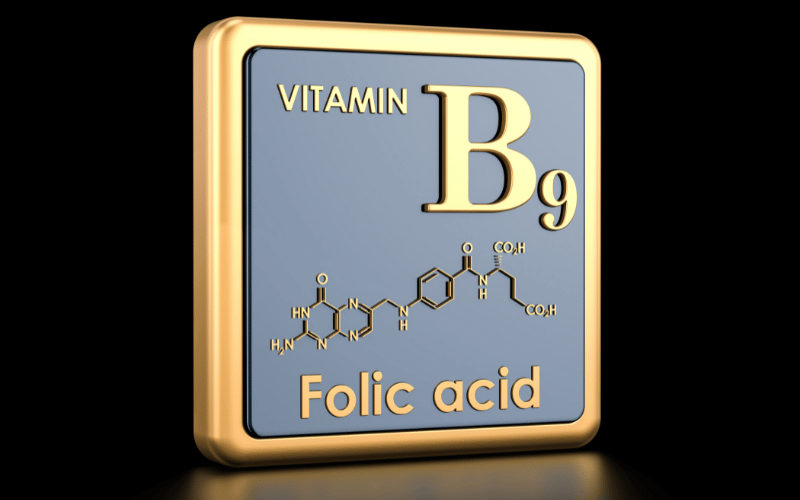10. Dietary Impacts: Nutrition’s Role in Cleft Lip Development

While genetics and environmental factors are commonly discussed in the context of cleft lips, nutrition plays an understated, yet pivotal role. A mother’s diet during pregnancy can influence the baby’s development, and deficiencies in certain nutrients might increase cleft lip risks.
Folic acid, a crucial B-vitamin, is often in the spotlight. Adequate intake during pregnancy significantly reduces the risk of neural tube defects and, some studies suggest, cleft lips too. The importance of this vitamin has led to many countries mandating the fortification of staple foods.
Besides folic acid, a deficiency in vitamins A and B12, zinc, and certain amino acids during pregnancy have been associated with a heightened risk. It’s a delicate balance; even excessive vitamin A intake might pose risks. (10)